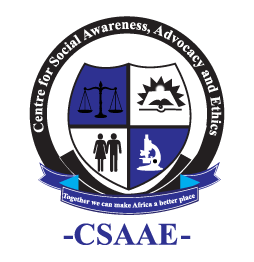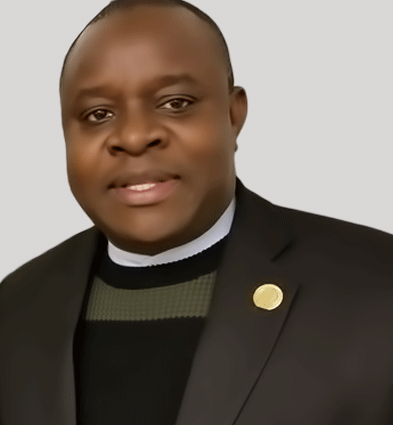Whistleblowing Can Save Nigeria, Chioma has just discovered that her new employer (a pharmaceutical company licensed by NAFDAC to produce certain drugs in Nigeria) is producing fake drugs for sale in the Nigerian market. She is deeply troubled. On one hand, she worries that the fake drugs may hurt unsuspecting Nigerians if she does not speak out. On the other hand, she is worried that she may lose her job if she speaks out. So, she called again asking: “What should I do?”
“Whistleblowing”, as Professor Michelle Cotton of the University of Baltimore has described it, “is the action of bringing to public attention or to the attention of law enforcement an instance of company misbehavior, for the benefit of society.” Across the globe, responsible governments know that some business people, politicians, and professionals can do anything for profit often at the detriment of the welfare of their compatriots. To ensure that these monsters do not have their ways, these governments have put in place “Whistleblower” laws that encourage good citizens to expose these monsters. Here in the USA, we have laws such as the New Jersey’s Conscientious Employee Protection Act (“CEPA” or the “Whistleblower Act”), the Sarbanes-Oxley Act of 2002 (SOX), amongst others. “CEPA”, for instance, makes it difficult for an employer to fire an employee for refusing to cooperate with company misbehavior or for exposing this misbehavior.
I am not sure we have any “Whistleblower” laws in Nigeria. If there are, they probably have no teeth. As it is currently the case, many Nigerian business people, politicians and professionals are engaging in all sorts of profit-motivated misbehaviors at the detriment of the welfare of the rest of us. Some good Nigerians, such as Chioma, are aware of this because they either do business with these people, work with them or work for them. Like Chioma, they worry that these monsters are shortchanging the welfare of their compatriots, but for fear of losing their sources of livelihood, they just have to put down the whistle. I don’t blame them! Even in countries with a strong rule of law, low unemployment, reasonable security of life and property, people are still not likely to blow the whistle to the detriment of their sources of livelihood. This appears to be the human thing to do.
However, a “Whistleblower” law that truly assures a citizen that her source of livelihood will not be jeopardized for blowing the whistle in the interest of her compatriots has been shown to be an effective motivating factor for a good citizen to blow this whistle. It also serves as a strong caveat to these monsters that they can’t pursue personal profit to the detriment of their compatriots since any good citizen can freely expose them. If the Nigerian government truly intends to fight corruption – the major cause of poverty – in Nigeria, it must consider putting in place some “Whistleblower” laws that will be tough enough on offenders, but very generous to the “Whistleblower”.
Every day, we hear of looting, bribery, forgery, etc, in government by government officials to the detriment of the rest of us. These officials are not acting alone. Although many people around them are aware of their misbehaviors, these monsters will continue to misbehave because they know that those who know are better off not exposing them. Yes, some are cooperating because they will be “settled” but there may still be some who would rather speak out than be “settled”, especially if there is a legally enforceable guarantee that they will not be worse off for speaking out. A generous “Whistleblower” law that not only protects the job of the “Whistleblower” but also rewards her for her courage and patriotism will certainly motivate a good citizen to freely expose these corrupt government officials. Additionally, such a law must also carry harsh, uncompromising and unsympathetic punishment for offenders, especially in the public sector. Even in the private sector, such as the pharmaceutical company that Chioma works for, a tough “Whistleblower” law should not only restrain this pharmaceutical company from firing Chioma should she rightly decide to expose its misbehavior, but also should severely punish this company for such misbehavior.


